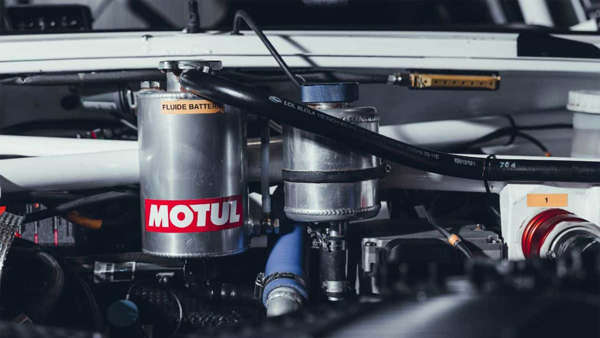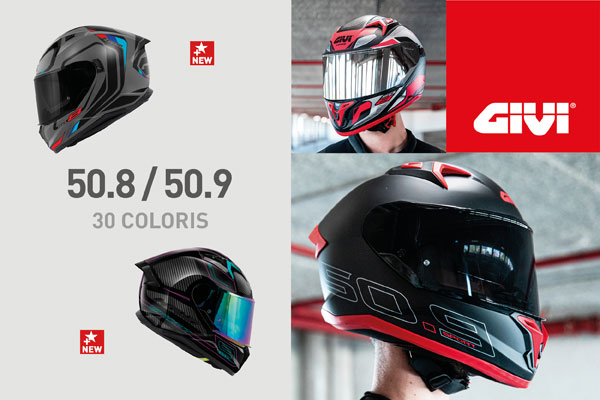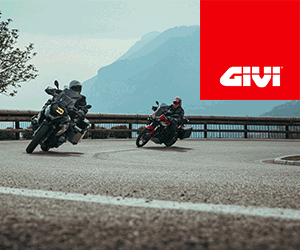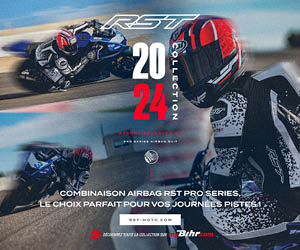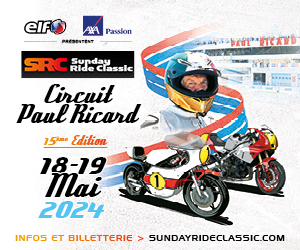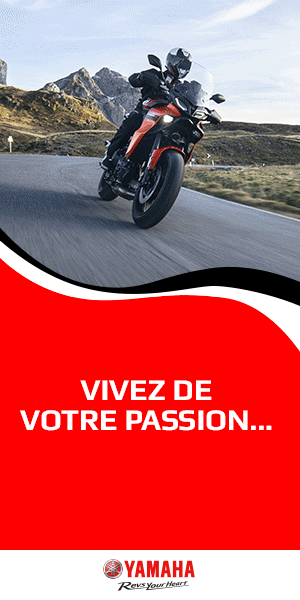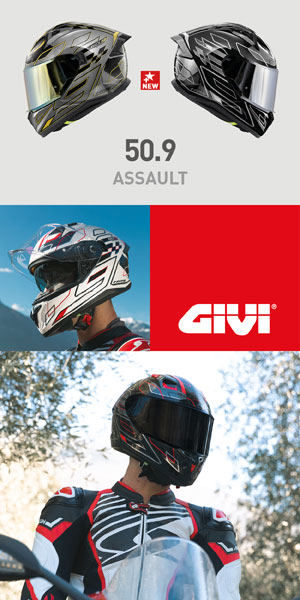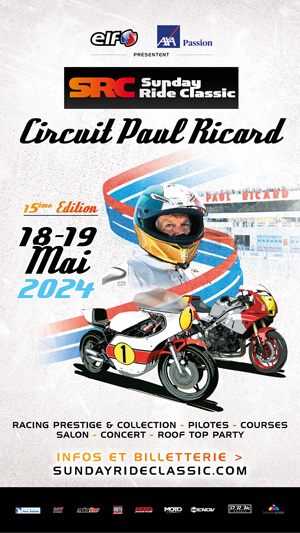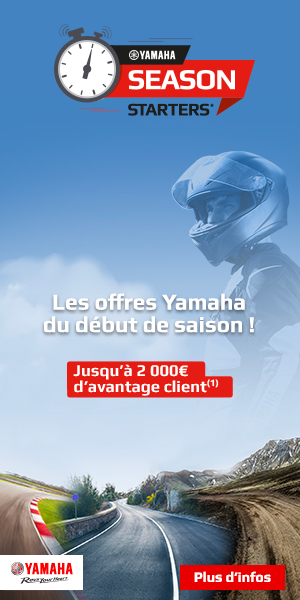Motul specializes in engine lubricants. Only problem: Many electric vehicles don't need fluids to run their engines. As more countries adopt zero-emissions initiatives, market developments threaten to leave Motul in trouble. However, and Motul has recently partnered with Green Corp Konnection (GCK) to help stabilize electric battery performance and charging.
According to Motul, three factors are holding back today's batteries: size/weight, lifespan and fast-charging safety. To address these shortcomings, GCK and Motul will focus on thermal management of electric vehicles by developing liquid-immersed batteries.
“We have developed a dielectric fluid capable of dissipating heat and insulating battery cells,” declared Christophe Lacroix, Chief Information and Sustainability Officer of Motul. “We aimed for three clear benefits: safer batteries, less fire risk and longer-lasting batteries with faster charging possibilities. »
The two companies aim to evaluate test units in the project's e-lab car, a Lancia Delta Integrale. With favorable laboratory results already in hand, Motul and GCK hope to conduct their trials within the next three months.
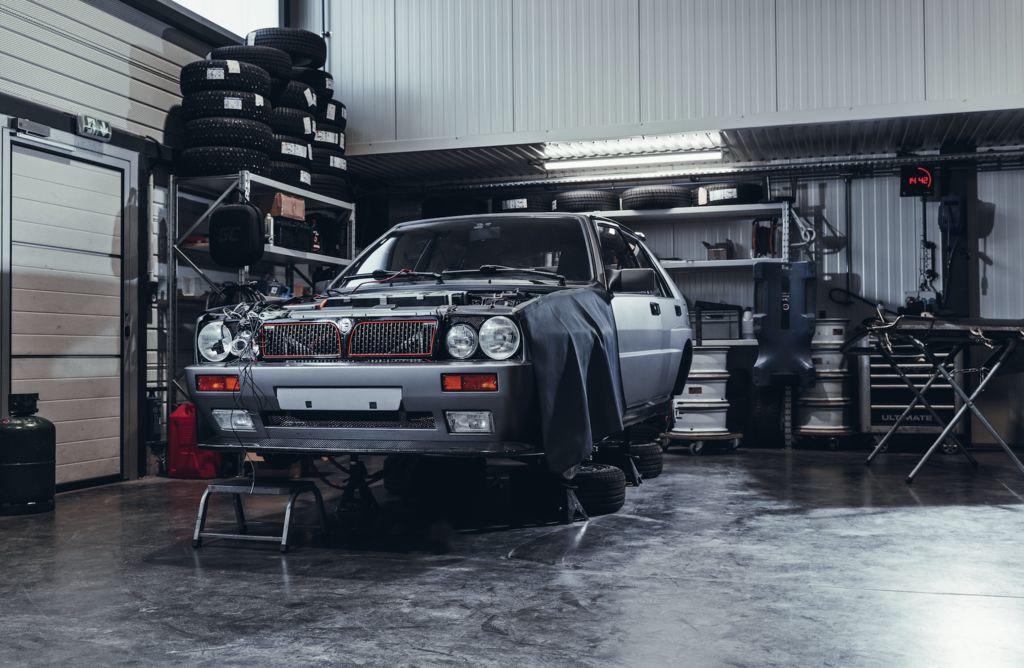
“Improving the performance and safety of lithium batteries can only happen through immersion,” explained Cédric Loubiat, deputy general manager of GCK Battery. “It was therefore essential for GCK Battery to find a leading partner in the development of highly qualified fluids. We are delighted to have the support of Motul in the development of these next generation batteries. »
Motul and GCK's collaborative efforts will even extend to field testing, with the lubricant company supporting the GCK Dakar Rally team's hydrogen fuel cell car. The outfit will focus on the automotive side of the electric landscape, but that doesn't exclude its findings on the motorcycle market. While many electric motorcycle and scooter manufacturers are moving toward air-cooled batteries, some high-performance brands like Energica are integrating liquid cooling systems.










